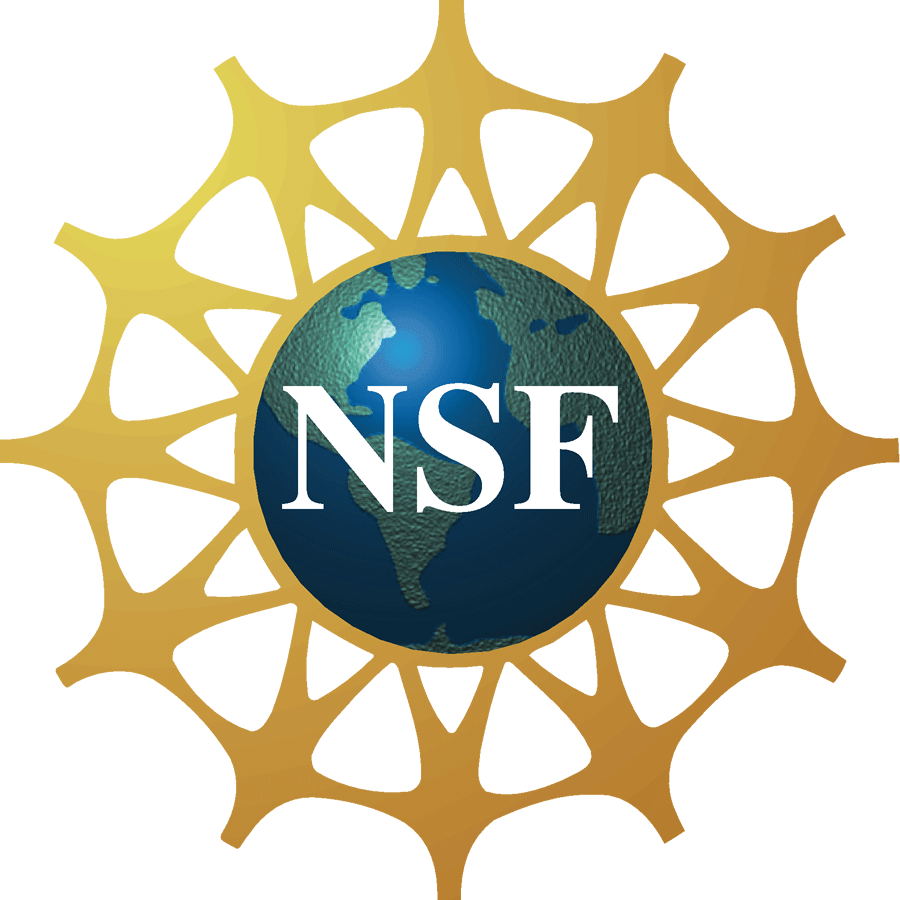History of Science (all STEM fields)- Spring 2020
Course Components and Requirements
Requirements:
The course is mainly a reading and writing course. There will be lectures and presentation of documentary films. However, the focus of the course will be the students’ participation: Discussion of the assigned readings, completion of five response statements (one page each), and the development of two essays (12-15 pages each). Please, keep up with the readings and try not to fall behind at any time. Plan in advance to avoid surprises. Remember, the main requirement of the course is reading, writing, and thinking critically. There will be a Tutorial devoted to writing principles and styles across disciplines.
Discussion:
For every topic, there will be classes exclusively devoted to discussion (please see specifics in the Course Outline section). The discussion will take place between individual students or groups of students and the instructor will act as the moderator. Thus, students should be prepared to talk in every discussion class: They should read carefully the assigned material (book chapters, articles) and bring comments and issues for discussion at each class.
Response Statements (one page each):
For five out of the six course topics, students will provide the instructor with a “Response Statement” on the particular topic (please see the specifics in the Course Outline section). In this statement, the student should respond to the readings. That is, he/she should present and analyze the author’s thesis/evidence and present his/her interpretation of the issues.
Exams (12-15 pages each):
There will be one midterm and one final take-home essay (please see specifics in the Course Outline).
Grading:
Prerequisite:
a) ENGL 1304 and credit for or enrollment in 12 hours of natural science courses OR b) Graduate standing and credit for or registration in 12 hours of natural science courses OR c) Instructor’s approval.
Maximum number of students:
20 students
Recommended Approach
In the discussions and in the writings the student should try to develop thoughtful arguments and comments. He/she should avoid presenting a simple summary of case facts. The goal is to analyze the issues involved in each topic. Remember: Your focus should be on the interaction between science and society/culture. Based on historical evidence, how does science shape society/culture and how, in turn, society/culture shapes science?
Course Readings:
The only book that students would need to buy is: Wayne G. Booth, Gregory G. Colomb, and Joseph M. Williams, The Craft of Research (Chicago: The University of Chicago Press, 2008). Multiple paperback copies of all the other required books are placed on Library Reserve (UH M.D. Anderson Library). Any additional required readings are available through Blackboard.











